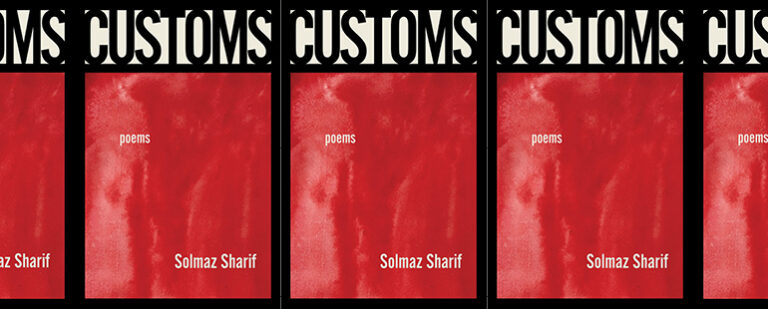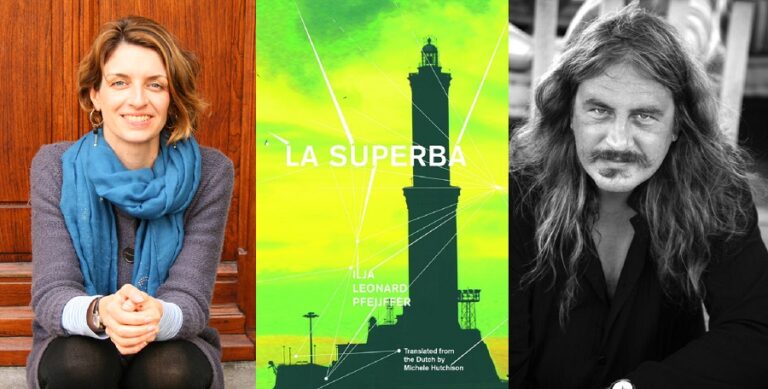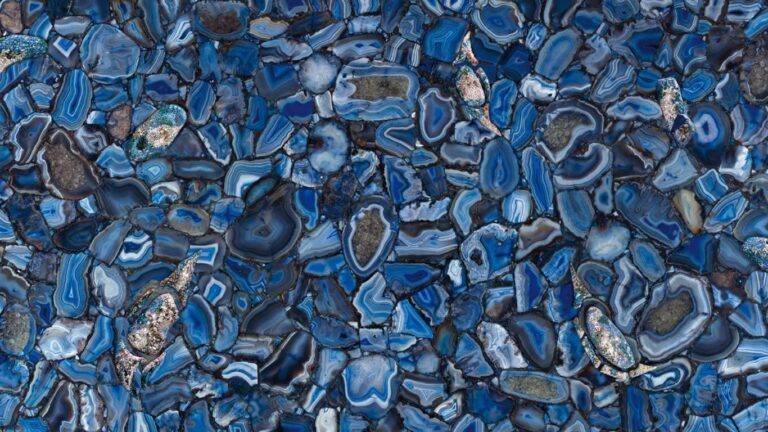Round-Up: Harry Potter and the Cursed Child, the Man Booker Prize, and the Vatican Library

From the highly anticipated “Harry Potter and the Cursed Child,” to the announcement of the Man Booker Prize longlist, here’s last week’s hottest literary news:
-
This past week, the Man Booker Prize announced its longlist of nominated books. Of the thirteen nominees, five are by authors from the United States–including former Ploughshares guest-editor Elizabeth Strout’s novel, My Name Is Lucy Barton. Other American nominees include Paul Beatty’s The Sellout, Ottessa Moshfegh’s Eileen, Virginia Reeves’ Work Like Any Other, and David Means’ Hystopia. This marks the third year since the Man Booker Prize expanded to include writers beyond Great Britain and Ireland. The shortlist will be announced on September 13, and the winner will be announced on October 25. The Man Booker Prize includes a cash prize of £50,000 (approximately $65,000).
-
The reviews are in for the much anticipated Harry Potter and the Cursed Child, the two-part play that acts as the eighth installment in the Harry Potter series. The show–written by playwright Jack Thorne and based on a story by Thorne, director John Tiffany, and J.K. Rowling–officially debuted on July 30 with a runtime of five hours. Reviews have been highly favorable, praising the performances and special effects. The New York Times calls the show “a blaze of outrageous enchantment.” Reviews for the script, published July 31, are less impressive, with Jessica Contera of the Washington Post stating that reading the “Cursed Child” script “is more like sneaking a peek at [J.K. Rowling’s] unfinished notes or finding a fetching piece of fan fiction. The magic is stunted.”
-
The Vatican Apostolic Library has digitized a 1,600-year-old illustrated fragment of Virgil’s Aeneid as part of a project aiming to digitize eighty-thousand manuscripts, hoping to reduce the damage caused when scholars review texts in-person. The fragment is seventy-six pages long with fifty illustrations, and contains pieces from Virgil’s The Georgics. It’s estimated that the project will take over fifteen years and will cost around $55 million.


